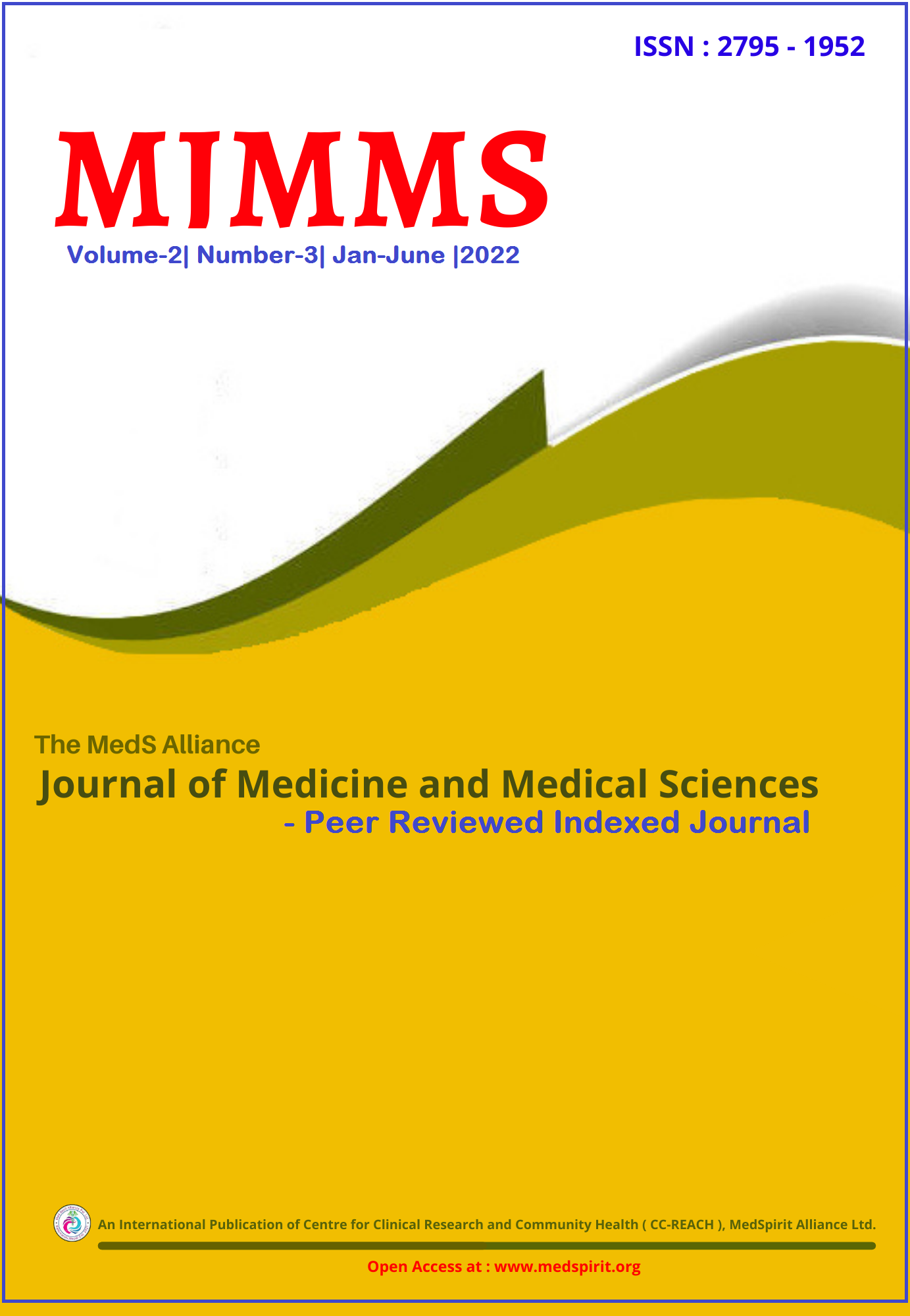Antibiotic Resistance among Gram Negative Bacilli Isolated from the ICU Admitted Patients Attending Chitwan Medical College Teaching Hospital
DOI:
https://doi.org/10.3126/mjmms.v2i3.47748Keywords:
Antibiotic resistance, Intensive care units, multi drug resistanceAbstract
INTRODUCTION: Antimicrobial therapy is the main stone in treatment. Gram negative bacilli are common cause of sepsis, pneumonia and urinary tract infections in ICU patients. Their treatment becomes more challenging due to the evolution of multiple drug resistant strains. The findings of this study would be useful in the formation of effective diagnostic approaches and policy of antimicrobial therapy for the treatment of infections in a similar intensive care hospital setting.
MATERIALS AND METHODS: A Laboratory based descriptive cross-sectional study was conducted at the department of clinical microbiology of the Chitwan Medical College Teaching Hospital based on the reports of 129 bacterial isolated of various clinical specimens from different ICUs of hospital between April 2018 to September 2018.
RESULTS: Among the 129-gram bacilli isolated mono bacterial growth were 116(89.92%) while remaining 13(10.08%) had poly bacterial or mixed organisms isolated. The most frequently isolated organisms were Acinetobacter spp. 51(39.55%), Escherichia coli 25(19.37%), Klebsiella spp. 27(20.93%), Pseudomonas aeruginosa 17(13.95%) and Enterobacter spp. 8(6.2%). Antibiotic resistance was observed in many organisms with multidrug resistance 97(75.2%) among them. High level of resistance was observed to Cefotaxime (98.04%), Ceftriaxone (96.08%), Imipenem (80.39%), Ampicillin/sulbactam (72.55%) and Amikacin (70.59%). Ciprofloxacin (68.63%), Levofloxacin (27.45%) and Meropenem (28.21%) were found to be relatively effective against Acinetobacter spp. Isolated.
CONCLUSIONS: Most of the frequently isolated organisms are multi drug resistant.
Downloads
Downloads
Published
How to Cite
Issue
Section
License

This work is licensed under a Creative Commons Attribution-NonCommercial 4.0 International License.




